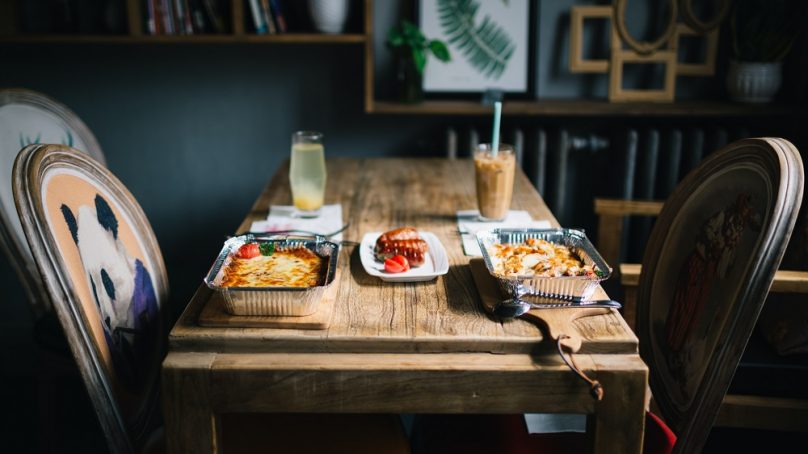
 As the F&B industry adapts to the new normal after COVID-19, with the entire new set of measures required (hygiene, distancing, preferred dining-in), EHL highlights four new trends to keep an eye on.
As the F&B industry adapts to the new normal after COVID-19, with the entire new set of measures required (hygiene, distancing, preferred dining-in), EHL highlights four new trends to keep an eye on.
- Al fresco dining
In the US in particular, many cities are requiring restaurant owners to provide around three times as much parking space as dining areas as many restaurants are spilling over to their parks. This potential could quadruple a restaurant’s footprint from one day to the next. While the tarmac jungle may not necessarily be the be-all and end-all of al fresco dining, outdoor spaces provide the additional advantage of endless ventilation. In Europe, car parks are a little less sprawling. Most city-center restaurants are lucky if they have a patch of curb to call their own. Behold repurposed street parking, traffic lanes or even entire roads! It is this strategy that has been adopted in Vilnius, the Lithuanian capital. Some 18 public spaces have been designated for dining tables a respectable minimum of two meters apart.
- Drive-throughs
Drive-throughs are on the up. The appeal for the consumer is evident: No need to step foot inside, a quick sweep past the counter and, voilà, dinner. It seems, however, that the circumstances are affecting the way people order, with a clear preference for occasional, larger orders, presumably with a view to keeping leftovers for the next day, lining up a day of potential isolation.
- Ghost kitchens
Those looking to stay home entirely are sure to have encountered some virtual restaurant brands during their perusal of third-party delivery apps, such as Grubhub, Deliveroo or Uber Eats. These virtual brands may in fact be established restaurants looking to diversify, push one of their offerings as a standalone brand, reach a broader audience or simply delivery-only F&B businesses. Thanks to their sharp focus on delivery services, these brands are able to side-step costly, desirable spacious dining areas, instead operating out of ‘ghost kitchens’.
- Pop-ups
Taking a greater leap, it just so happens that today’s rather hostile circumstances for the restaurant industry may well provide an opportunity to awaken any dormant ambitions for far-out dining concepts. This is exemplified by a recent undertaking in Värmland, Sweden, about 350 kilometers from Stockholm: Bord För En, which translates as Table For One. Duo Rasmus Persson and Linda Karlsson have had the audacity to center their concept around the joys of eating alone – as much a response to the need for social distancing as an expression of the value of interacting with nobody but oneself.
To make this possible, they have positioned a solitary table with a single chair in a lush meadow and set up a rustic pulley system, so the set menu can be served to their guest in a basket. There are neither waitstaff nor fellow diners to interrupt the glorious solitude. As you might imagine, a one-guest approach might not necessarily be the most lucrative. This, though, is irrelevant to the pair, who invite anyone who wishes to attend to their meadow, as long as they come alone, permitting them to define the price. This opens up the experience to anyone, irrespective of their financial situation.
Add to Favorites














